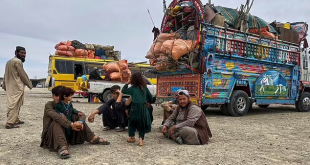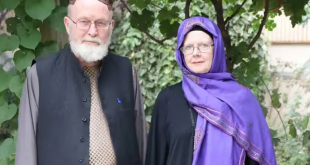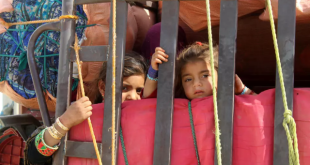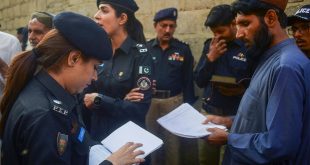Afghanistan plans to launch its first online marketplace to allow local businesses to export products directly to world markets, an official said Thursday, the latest effort to boost the country’s stalling economy.
The Afghanistan International Commodity Exchange Market will aim to provide businesses access to international traders online and boost the exports for the landlocked economy that is reliant on trade routes through neighbouring countries.
“In the past 14 years, Afghanistan has mostly relied on imports. Our traders have had almost no direct access to international buyers. Afghan products are sold through intermediaries,” Hassib Rahimi, the executive director of the government-run Kabul Chamber of Commerce told AFP.
“Because of the political situation the business are stalled and the investors flee the country, but this online market will give direct access to our traders to sell their commodities to the world,” he said.
The $20 million funding for the project was provided by the UAE based Pride Group which will also build infrastructure such as warehouses and fridges for the retailers.
Through the marketplace the Afghans traders will be able to sell goods such as agricultural produce, handicrafts, precious stones and carpets.
“The project will be first launched in the big cities in a year. We also have plans for big campaigns to reach out the rural areas to enable people to sell their products,” Rahimi said.
After a decade of near double-digit growth the saw GDP rise from $2.5 billion in 2001 to more than $20 billion, the Afghan economy has stalled in the last two years, hit by uncertainty following a disputed presidential election and the end of NATO’s combat mission.
The Kabul government is expecting income this year of around $1.8 billion — less than the value of Afghanistan’s opium crop, which feeds the coffers of the Taliban.
Without the $4 billion per year in international aid currently guaranteed until at least 2016, the Afghan government would be unable to pay the salaries of the 350,000 soldiers and police on the front line of battling the Taliban. (AFP)
 Afghanistan Times
Afghanistan Times




